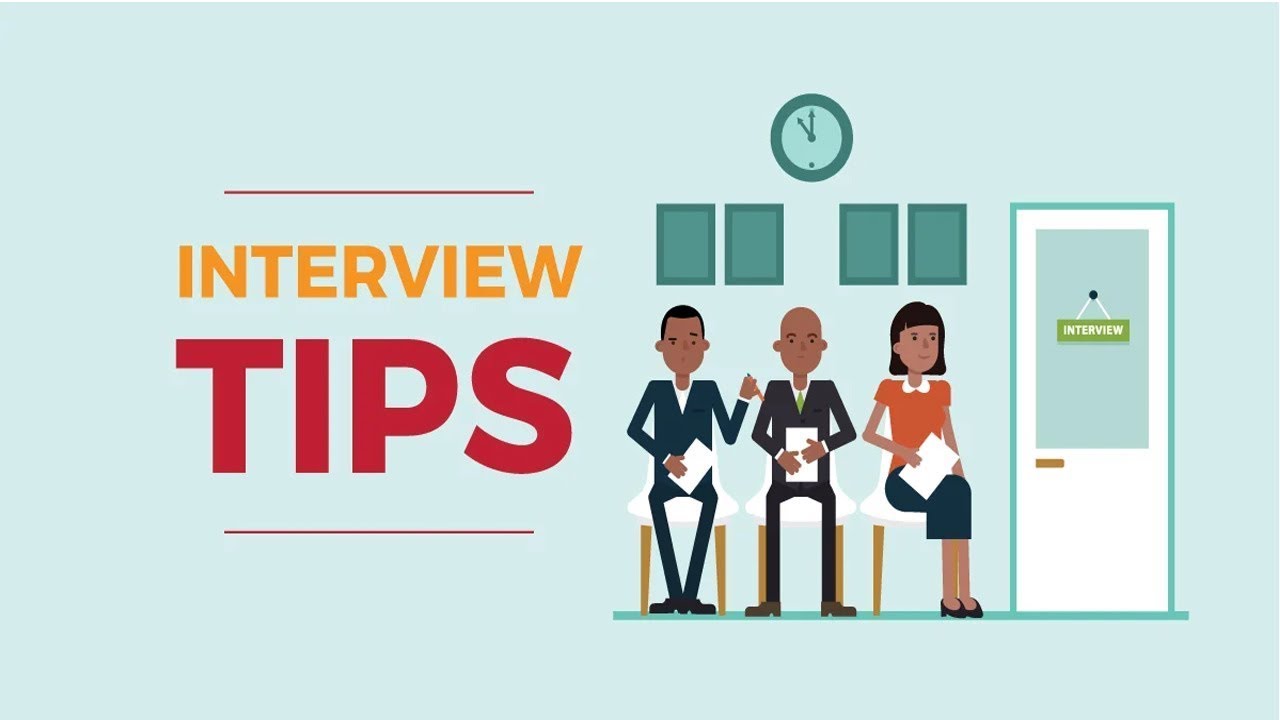Job interviews are a critical part of the hiring process, and preparing effectively can make the difference between success and missed opportunities. Whether it’s your first interview or you’re a seasoned professional, knowing how to prepare for an interview is key to showcasing your qualifications and leaving a lasting impression. This guide provides actionable steps to help you get ready with confidence and maximize your chances of success.
Understand the Role and Company
Preparation begins with research. Learn everything you can about the company and the specific role you are applying for. This not only helps you tailor your responses but also shows the interviewer that you’re genuinely interested in the position.
- Study the Company’s Mission and Values: Visit the company’s official website, read their mission statement, and familiarize yourself with their culture.
- Review the Job Description: Identify key responsibilities and required skills. Consider how your qualifications align with these requirements.
- Learn About Recent Achievements: Search for news articles, press releases, or updates about the company’s recent accomplishments or projects.
Having a solid understanding of the company and the role demonstrates your enthusiasm and preparedness, giving you an edge over less-informed candidates.
Research the Interview Format
Interviews can take various formats, such as phone interviews, video interviews, or in-person meetings. Understanding the format ahead of time helps you prepare effectively:
- Phone Interviews: Ensure your phone is fully charged and that you’re in a quiet space free of distractions.
- Video Interviews: Test your internet connection, webcam, and microphone. Choose a well-lit area with a neutral background.
- In-Person Interviews: Plan your travel route and aim to arrive 10–15 minutes early. Bring copies of your resume and any other required documents.
Being familiar with the interview format helps you feel more comfortable and prepared, allowing you to focus on the conversation.
Practice Common Interview Questions
Knowing how to prepare for an interview includes anticipating the questions you might be asked and preparing thoughtful responses. While every interview is unique, there are several commonly asked questions you should be ready for:
- “Tell me about yourself.” This is your opportunity to provide a concise summary of your background, skills, and career aspirations.
- “Why do you want this job?” Highlight how your goals align with the company’s mission and how you can contribute to their success.
- “What are your strengths and weaknesses?” Focus on strengths relevant to the role and frame weaknesses in a way that shows you’re working to improve.
- Behavioral Questions: Prepare examples of past experiences that showcase your problem-solving skills, teamwork, or leadership abilities.
Practice your responses out loud to ensure they sound natural and confident. Consider conducting a mock interview with a friend or mentor to refine your delivery.
Dress Professionally
Your appearance makes a strong first impression. Dressing appropriately shows respect for the interviewer and the organization. Consider the following:
- Research Dress Code: Some companies prefer business formal attire, while others may have a business casual dress code. Look for clues on the company’s website or social media profiles.
- Err on the Side of Formality: When in doubt, choose a more formal outfit. It’s better to be slightly overdressed than underdressed.
- Pay Attention to Grooming: Ensure your clothes are clean and well-ironed, and that your overall grooming reflects professionalism.
Your attire should complement your qualifications and not distract from your abilities.
Prepare Questions for the Interviewer
An interview is a two-way conversation, and asking thoughtful questions shows your interest in the role and the company. Prepare a list of questions that demonstrate your curiosity and commitment:
- “What does success look like in this role?”
- “What are the team’s current priorities or challenges?”
- “How does the company support employee growth and development?”
- “What do you enjoy most about working here?”
Avoid asking questions about salary or benefits during the initial interview unless the interviewer brings it up. Focus instead on topics that reflect your enthusiasm for the position.
Organize Your Documents
Having your documents ready ensures that you can quickly provide information if requested. Here’s what to prepare:
- Updated Resume: Print multiple copies, especially if you’re meeting with multiple interviewers.
- Portfolio or Work Samples: If applicable, bring a portfolio of your work or examples of projects relevant to the role.
- References: Prepare a list of professional references, including their contact information.
Keep these materials organized in a professional folder or briefcase.
Master the STAR Method
The STAR method is a proven technique for answering behavioral interview questions. It helps you structure your responses effectively:
- Situation: Describe the context of the example.
- Task: Explain the specific challenge or responsibility you faced.
- Action: Outline the steps you took to address the situation.
- Result: Highlight the outcome of your actions and how they benefited the organization.
Using the STAR method ensures that your answers are clear, concise, and relevant.
Enhance Your Nonverbal Communication
Nonverbal cues play a significant role in how interviewers perceive you. Focus on these key aspects:
- Maintain Eye Contact: This shows confidence and engagement.
- Offer a Firm Handshake: If the interview is in person, a confident handshake sets a positive tone.
- Sit Up Straight: Good posture conveys professionalism.
- Smile Naturally: A genuine smile helps build rapport and demonstrates enthusiasm.
Being mindful of your body language ensures that your actions align with your words.
Stay Calm and Confident
Nervousness is natural, but staying calm and collected can make a significant difference. Here are some tips:
- Practice Relaxation Techniques: Breathing exercises or visualization can help reduce anxiety.
- Focus on the Positive: Remind yourself of your qualifications and the effort you’ve put into preparing.
- Take Your Time: If you’re unsure how to answer a question, take a moment to gather your thoughts before responding.
Confidence comes from preparation, and maintaining a calm demeanor helps you present yourself at your best.
Follow Up After the Interview
Knowing how to prepare for an interview doesn’t stop when the conversation ends. Sending a thank-you email or note is an important part of the process:
- Express Gratitude: Thank the interviewer for their time and the opportunity to discuss the role.
- Reiterate Interest: Mention your excitement about the position and why you believe you’re a great fit.
- Address Any Unanswered Questions: If you missed sharing something during the interview, this is a chance to include it.
A thoughtful follow-up keeps you fresh in the interviewer’s mind and demonstrates professionalism.
Common Mistakes to Avoid
Even with the best preparation, it’s easy to make mistakes. Here’s what to watch out for:
- Failing to Research: Not knowing enough about the company or role can make you appear uninterested.
- Arriving Late: Punctuality is essential; arriving late creates a negative impression.
- Overtalking or Undersharing: Balance your responses—avoid rambling or giving overly brief answers.
- Speaking Negatively About Past Employers: Always maintain a positive and professional tone.
- Neglecting to Ask Questions: Not asking questions can signal a lack of interest or preparation.
Avoiding these pitfalls ensures that you leave a strong and positive impression.
Conclusion
Learning how to prepare for an interview is essential for showcasing your qualifications and making a memorable impression. By researching the company, practicing responses, dressing professionally, and staying confident, you can position yourself as the ideal candidate. Remember, preparation is not just about rehearsing answers but also about understanding the company’s needs and aligning your skills with their goals.
An interview is your opportunity to demonstrate why you’re the best fit for the role. With these strategies, you can walk into any interview with confidence and increase your chances of success.





